Bamboo chairs and wooden tables filled with art supplies and scribbles occupy the corridors of the Neighbour Gallery at Kesavadasapuram in Thiruvananthapuram, where Karu, a multidisciplinary art exhibition, is currently on. From outside, a faint sound of metal clinking from one of the exhibits syncs with the blaring horns on the road. Peaceful discussions, pleasant introductions, and artistic introspections between creators and visitors in the hallway precede a stillness inside the gallery, featuring works from artists across the country, spanning different media, from acrylic on canvas to audio-visual.
The exhibition organised by Untitled Kitchen, an experimental moving collective kitchen, features 13 artists. “Karu means core, or a deeper truth. We came across the term in ‘Atmopadesha Satakam’ (One Hundred Verses of Self-Instruction), a poem by social reformer Sree Narayana Guru ,” says Vipin Dhanurdharan, one of the members of Untitled Kitchen.
The showcase, curated by Thumbi, another artist in the collective, has also produced a magazine with the same name. It has held talks by multiple artists since the exhibition opened on July 13.

One of the talks at Neighbour Gallery as part of Karu | Photo Credit: SPECIAL ARRANGEMENT
The makings
The idea for Untitled Kitchen originated from an earlier work by Vipin, called the Sahodarar Kitchen, which debuted at the fourth edition of the Kochi-Muziris Biennale. “It was inspired by Misra Bhojanam, a community feast organised by social reformer Sahodaran Ayyappan at Cherai, Kochi in 1917, including members of all castes to fight untouchability in the region,” says Vipin.

Soon, the installation evolved into a community fostering the convergence of different talents, previously setting up temporary kitchens in Ahmedabad and Chennai. “We do not have a kitchen set up here to prepare food. The cooking is just an ice-breaker; the actual objective is to bring people together,” says Vipin.
The emphasis remains on gathering diverse identities and practices, elements “which would not otherwise be found on the same platform,” Vipin says, highlighting the main objective that ties the exhibition’s array of voices together.

Visitors and artists socialising in the corridors of Neighbour Gallery | Photo Credit: SPECIAL ARRANGEMENT
The ensemble
“The works are by artists we met during different journeys with the Kitchen. We met Anbin Kodi in Chennai,” Vipin says about a photographer who has documented the celebration of Maasi Magam by the Irular community, which is one of Tamil Nadu’s oldest and marginalised tribes. The photographer captures the essence of the festival, which takes place on a full moon night in the Tamil month of Maasi by the shores of Mahabalipuram, combining spirituality and resistance by the neglected community.

Anbin Kodi’s work on display | Photo Credit: SPECIAL ARRANGEMENT
Irza Azra, a seven-year-old from Ernakulam, is the daughter of a member of the Untitled Kitchen. Her work with coloured pencils on paper depicts her curiosity about the world.

Drawing by Irza Azra on display for Karu | Photo Credit: SPECIAL ARRANGEMENT
Works by Devu Nenmara, a self-taught artist from Palakkad, reflect her life as a labourer using the acrylic medium. Devu began painting during the pandemic with the materials donated by her son, who is an artist.
A canvas is laid down on the gallery floor, on which people are free to draw, sharing their thoughts through paint.

Open canvas for visitors to participate at Karu | Photo Credit: SPECIAL ARRANGEMENT
Arvind Chedayan’s Memory of Deconstruction glances at a “covert” protest led by his father, a mason, against the conversion of a Dalit community land in Manikandavayal, Kottayam, into a parking lot. The installation by the Delhi-based artist uses cement as a medium to convey resilience, as opposed to a symbol of modern development and capitalism. The masons protested by building a statue of BR Ambedkar in a powerful demonstration of ‘peaceful resistance, navigating political sensitivities.’

Arvind Chedayan’s Memory of Deconstruction | Photo Credit: SPECIAL ARRANGEMENT
The exhibition also has powerful textual works. Post Mortem Report by Mrudula Bhavani, an independent journalist and translator, is a poem about the death by suicide of Sidharthan JS, a student of Kerala Veterinary and Animal Sciences University. It further explores a distinction between commemoration and “celebration” of a death, and a lack of accountability for lost lives.
Priyanka Sandiliya’s I See, Therefore I Become, is a series of poems about intersectional identities as an Adivasi woman from the Gond tribe.

Priyanka Sandiliya’s I See, Therefore I Become, is a series of poems about intersectional identities at Karu | Photo Credit: SPECIAL ARRANGEMENT
Abhay Xaxa’s poem, ‘I Am Not Your Data’, is an outcry against the pseudo-activist tendencies of the upper-caste majority and benevolent prejudices, reducing the marginalised to mere data or tokens to be displayed.
Our Days with Our Music, by Saranraj V from Karadippatti, Madurai, is an audio-visual exhibit that mirrors the lives of quarry workers from his own village. Video footage of labourers is played in a loop to the rhythm of a metal hammer hitting the rock.
As you step outside, words by Aparna Ayyanad await you, painted on a wall, slightly arching over the pillars, “And like all utopias, this shall look unwinnable. But for now, this space holds what it should: efforts to build unending camaraderie.”
The exhibition is on till 31 August at Neighbour art gallery at Kesavadasapuram, Thiruvananthapuram. Karu magazine can be purchased there at ₹100 per copy. Entry free.

 2 hours ago
1
2 hours ago
1
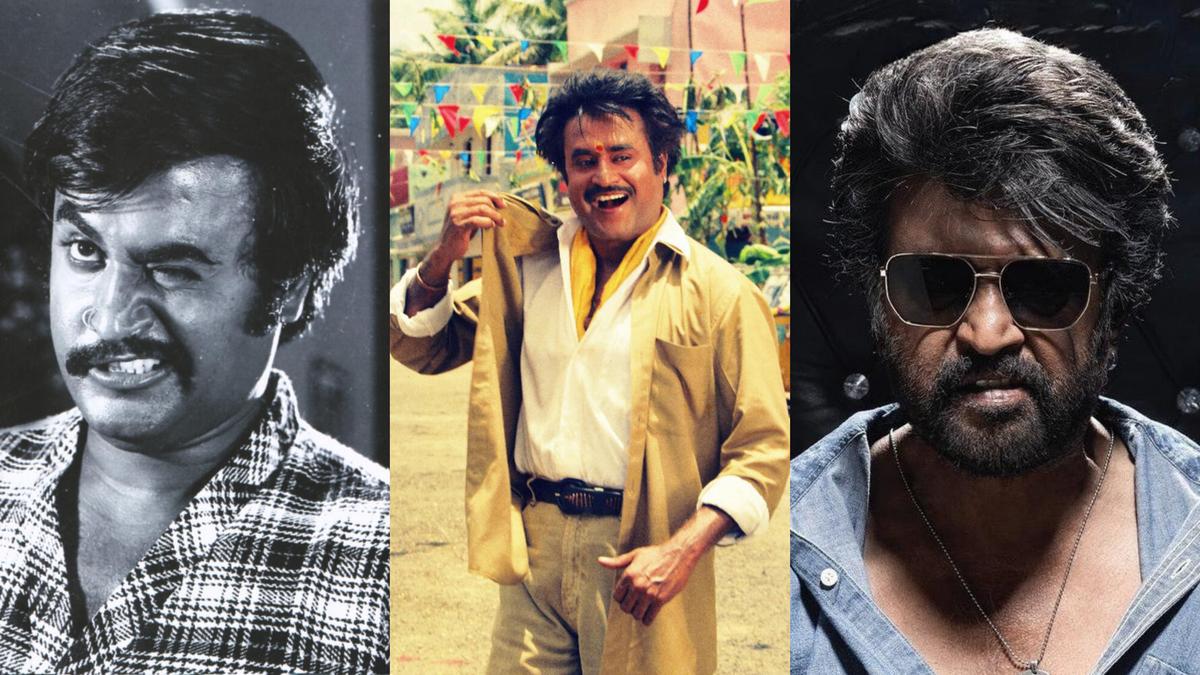
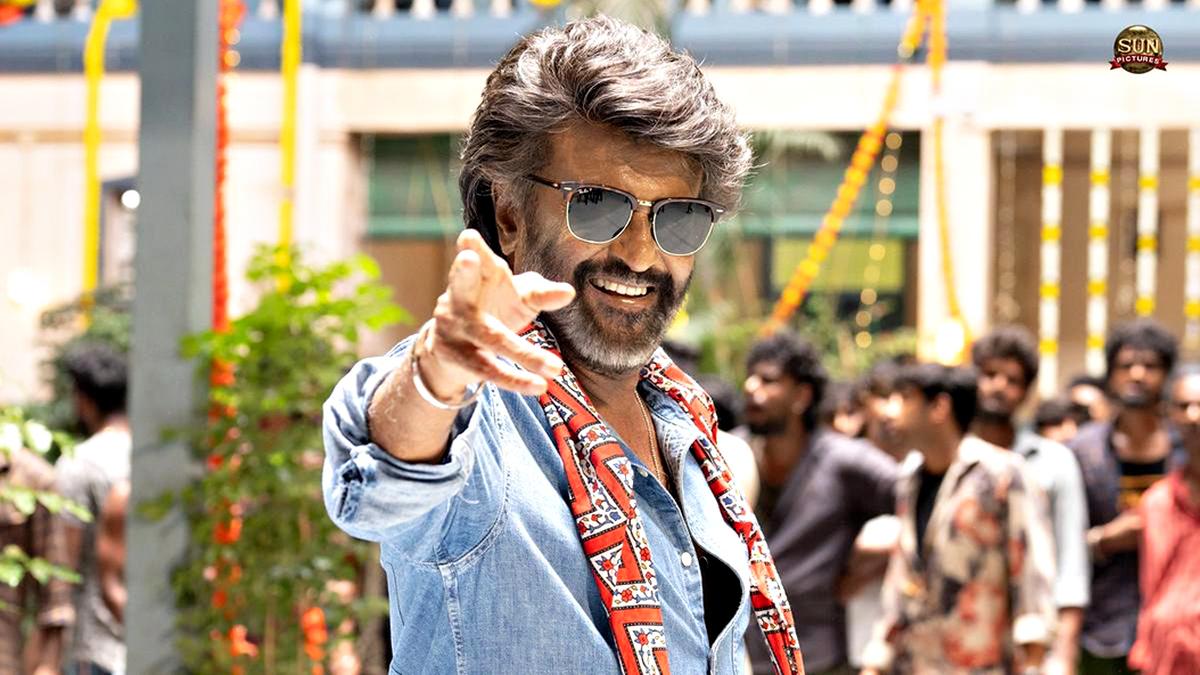
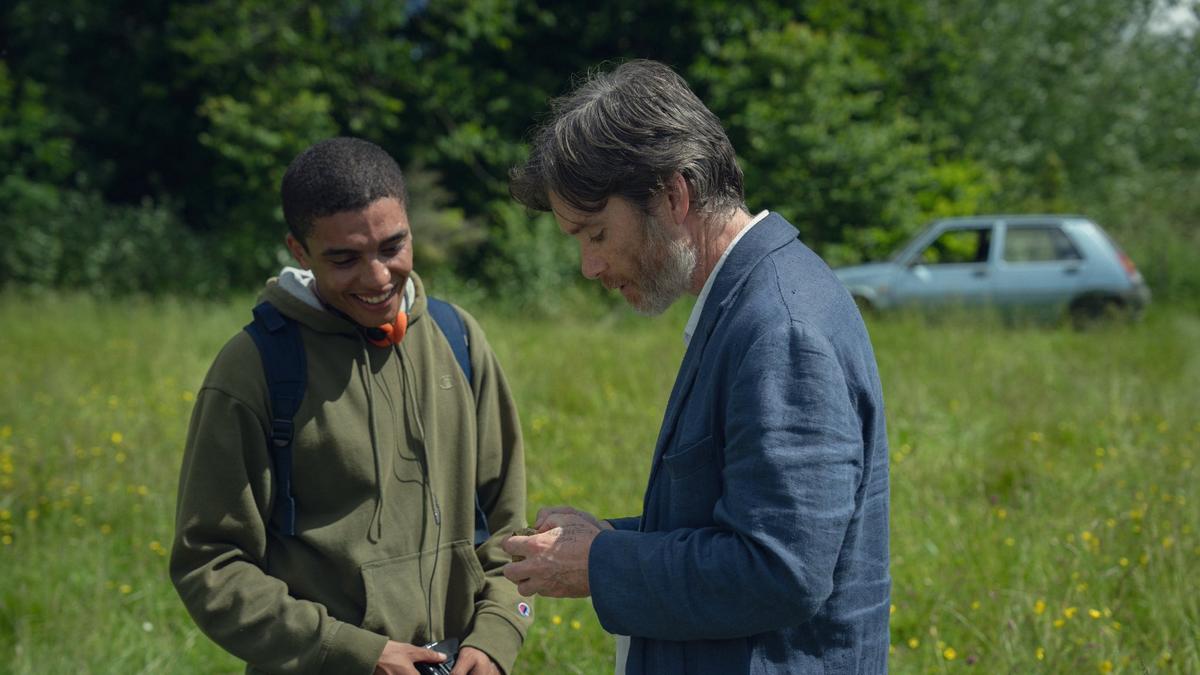

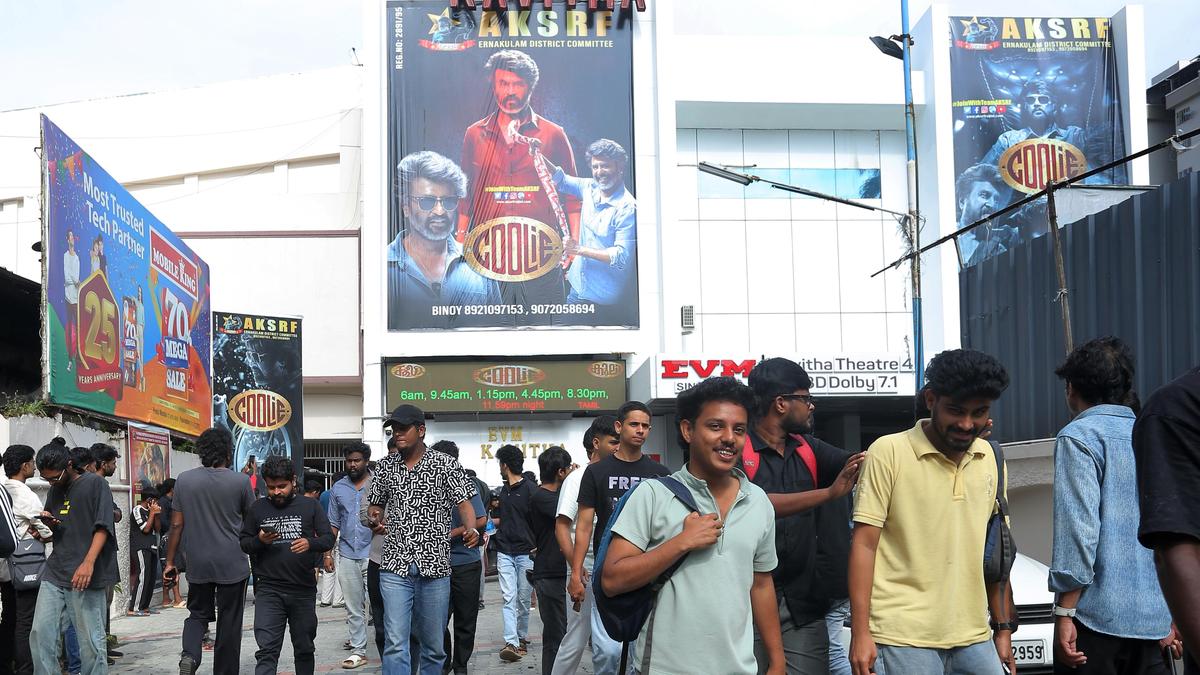















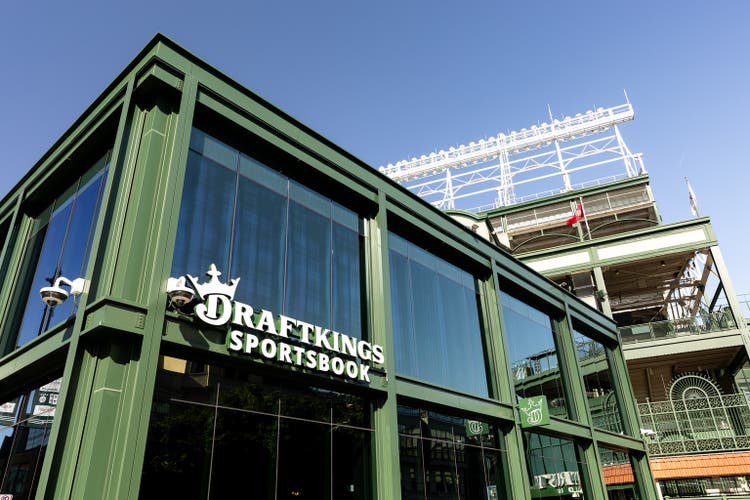

 English (US) ·
English (US) ·